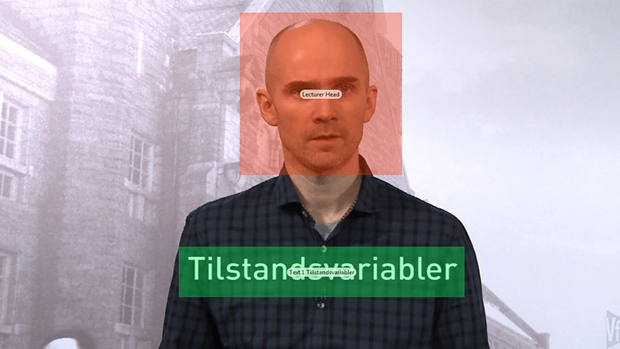The effect of captions and written text on viewing behavior in educational videos
DOI:
https://doi.org/10.31129/LUMAT.7.1.328Keywords:
video, cognitive science, eye-tracker, viewing behaviour, physical science, cueingAbstract
The use of videos as learning objects has increased together with an increased variation in the designs of these educational videos. However, to create effective learning objects it is important to have detailed information about how users perceive and interact with the different parts of the multimedia design. In this paper we study, using eye-tracker technology, how fast and for how long viewers focus on captions and written text in a video. An educational video on thermodynamics was created where captions were used to highlight important concepts. Screen recordings of written text from a tablet were used to illustrate mathematical notations and calculations. The results show that there is a significant delay of about 2 seconds before viewers focus on graphical objects that appear, both for captions and for written text. For captions, the viewers focus on the element for 2-3 seconds, whereas for written text blocks, it is strongly dependent on the amount and quality of the presented information. These temporal aspects of the viewers’ attention will be important for the proper design of educational videos to achieve appropriate synchronization between graphical objects and narration and thereby supporting learning.










